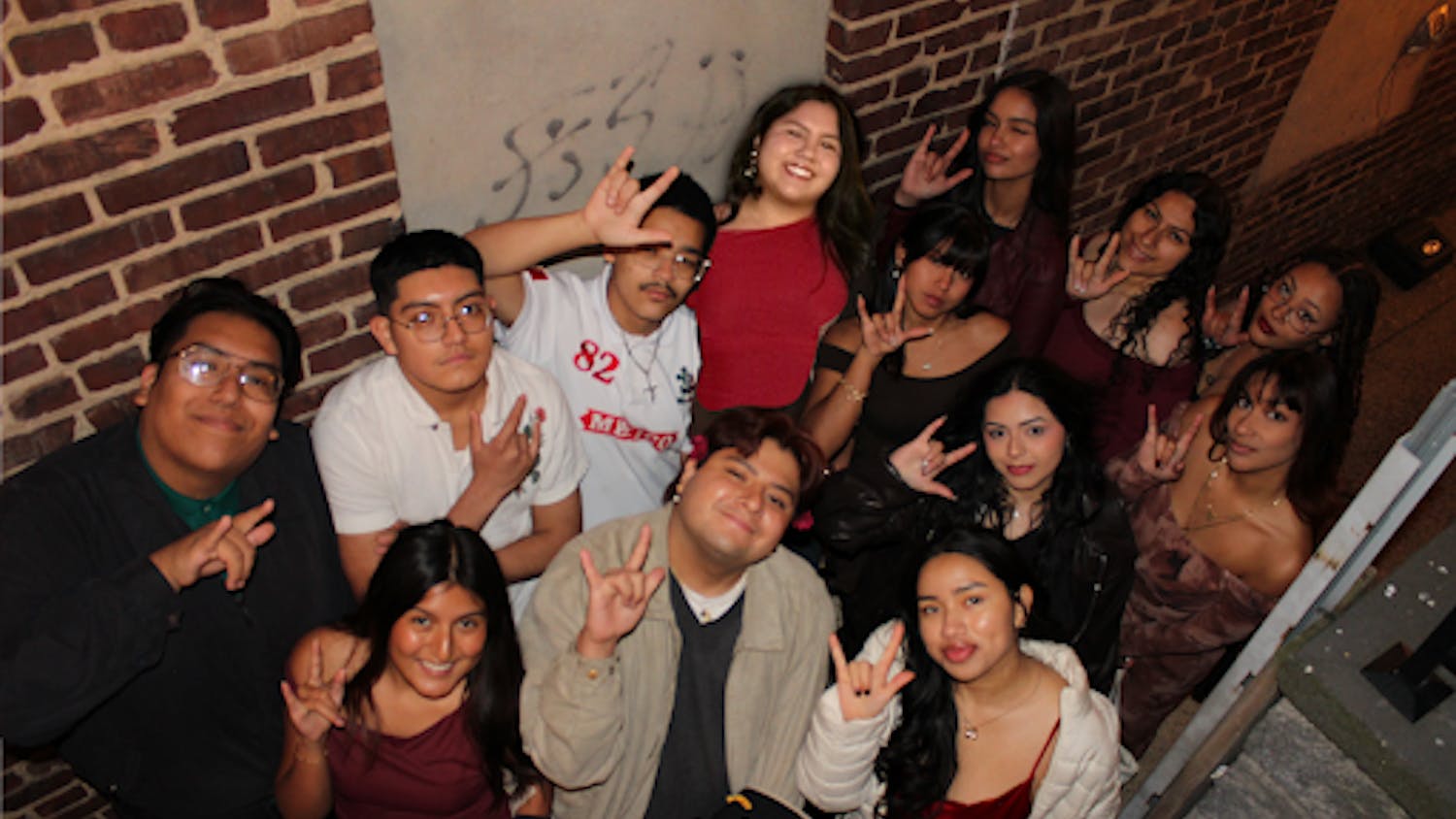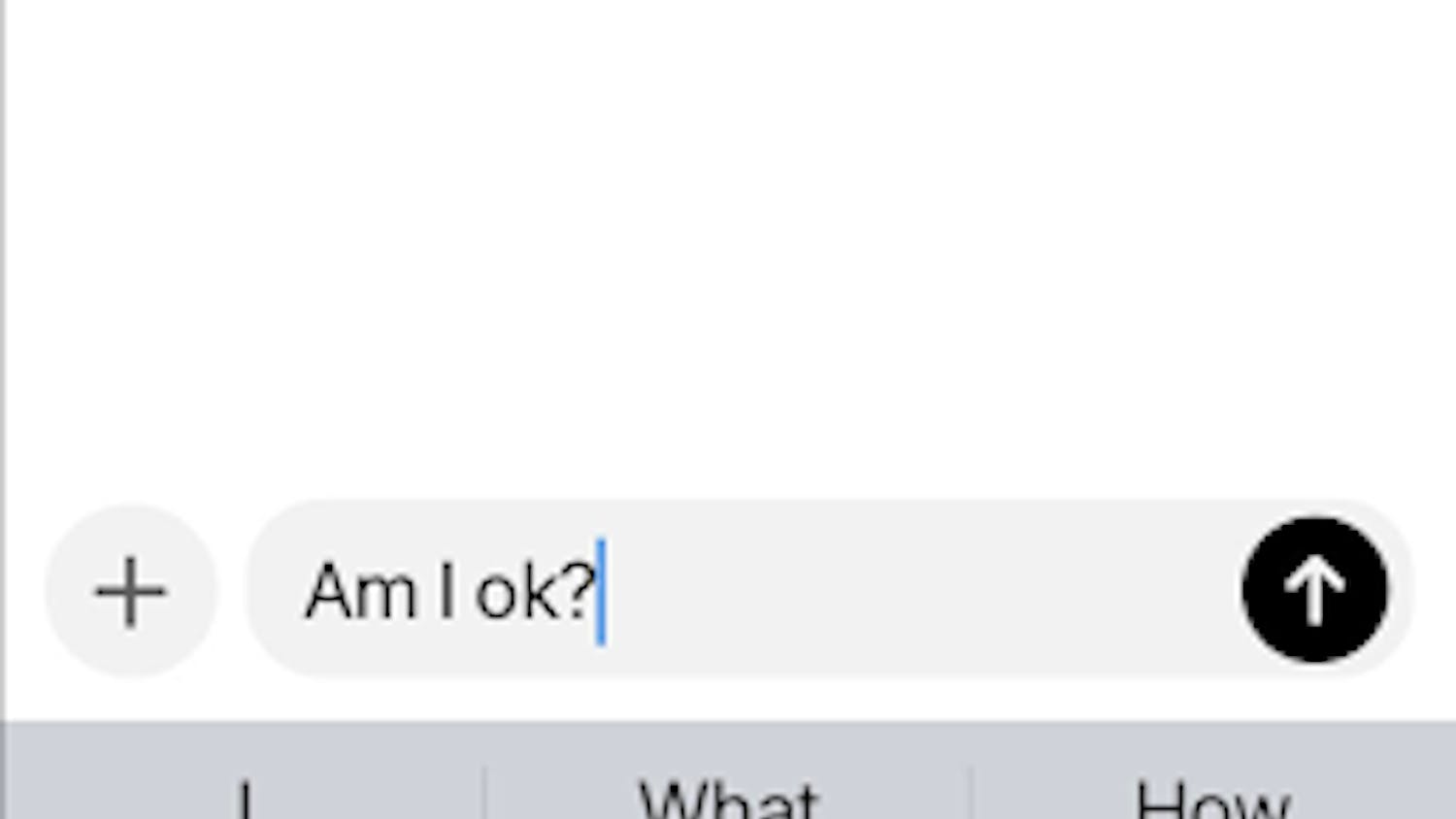Hanging on the office door of Alvin Figueroa, associate professor of modern languages, is a sticker that reads in bold letters, "Drama Queen." And, yes, it would be very easy to expect a life of drama for Figueroa, an openly gay Quaker. Attending classes at New Brunswick Theological Seminary, where he studies liberation theology, Figueroa said, he feels comfortable with his spirituality.
Liberation theology focuses on studying the gospel from the point of view of the poor and the oppressed, "those who have been marginalized by power," Figueroa said. "The gospel is a narrative that sides with them, not with the oppressor. How would a gay or lesbian approach the Bible? How would you read your oppression through the book?"
Though Figueroa comes from a different spiritual background than most of his fellow students at the seminary, he said it has not been a source of uneasiness for him.
"I feel very comfortable there, it's very progressive and there's a lot of very inclusive dialogue," Figueroa said. "As long as the faculty can accept sexual diversity, then I'm comfortable. It's not the same with the student body, necessarily, but that's one of the reasons I'm there - debate."
Figueroa was born in Puetro Rico and raised Roman Catholic, receiving most of his education from Jesuits.
"I was actually in school to become a priest, but then I fell in love with a man," Figueroa said, laughing before continuing. "I broke up with Catholicism in 1977, then started going to different places, different churches. I felt it was all a little bit of the same thing."
After a long search, Figueroa found Quakerism, which he said is an excellent place to allow his spirituality to flourish. "It's a place where I don't have to explain that it's possible to be a Christian and be gay," Figueroa said. "Sexuality is not an issue for Quakerism. I'm not going to be judged for who I love."
Quakerism was founded by George Fox in 1652 as a radical branch of Protestantism that rejected many of the practices of the Church of England. The idea was to take spirituality out of the hands of priests and ministers and give it directly to the people for internalized reflection and communion with God. "The Quaker belief is that life itself is sacramental; communion is reducing life to a ritual," Figueroa said.
"Quakers were liberation theologists from the start, I believe," Figueroa said. "They broke from the traditions of religious oppression and opened theology to a personal interpretation."
Quaker services, called meetings for worship, do not center around a sermon or one chief figure. It is meditative and calls on all participants to share their thoughts with the congregation. It is a deeply personal faith that encourages open-mindedness and understanding.
Some Quaker meetings across the country have even started accepting and performing same-gender marriages. Pacific Yearly Meeting, of which Figueroa is a member, was one of the first to do so.
"It's hard to get a meeting to agree to do something like that," Figueroa said, but he hopes everyone will try to understand each other. "You have the truth with you," Figueroa said. "Let's all look for the truth together."






